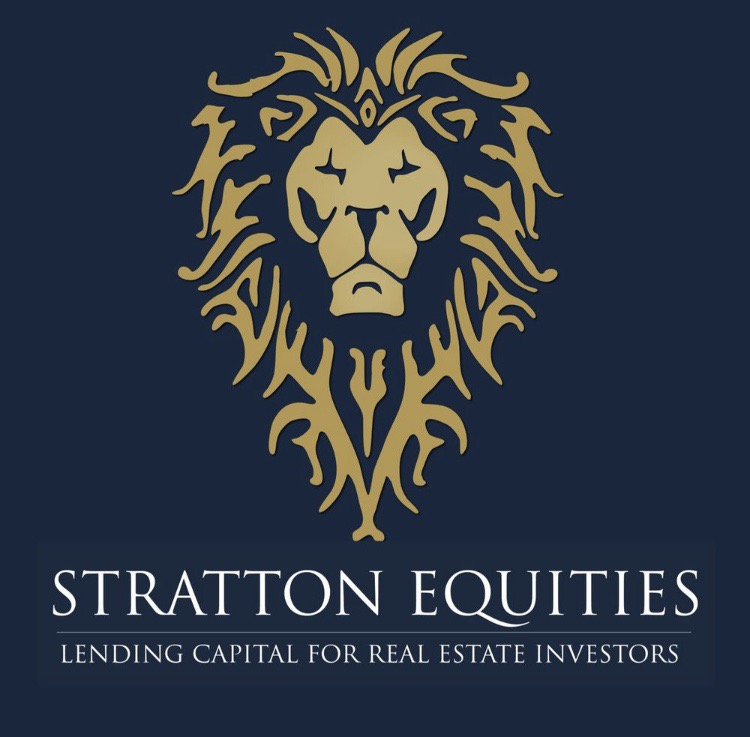Soft Money Loans Are The Future of Lending
- Stratton Equities

- Feb 7, 2023
- 3 min read
Updated: Feb 12, 2024
A soft money loan combines the advantages of a hard money loan with the greater security that a standard loan affords. The term "soft money" is relatively new in the lending industry. While a soft money loan needs more underwriting, it also comes with reduced risks, making it a very alluring alternative for borrowers who like the idea of a hard money loan but not its specifics.
Soft Money Loans Are The Future of Lending
Hard Money Loans
A hard money loan is based on the Loan to Value (LTV) of the investment property and is an asset-based loan. They are bridge loans that typically do not depend on a borrower's credit score, making them quick loans for borrowers to be approved for. They are therefore considered high-risk loans for real estate investing. Some borrowers may be hesitant to pursue this sort of loan due to the significant risk involved as well as concerns from the housing market meltdown of 2008. This kind of loan also doesn't raise a borrower's credit rating, which can make them less desirable to credit-worthy consumers.
Soft Money: What Is It?
The advantages of both hard money loans and more conventional loans are combined in soft money, a creative new method of private money financing. First, a definition of the phrase "soft money": The term "soft money" in the lending world differs greatly from "soft money" in the political campaigning world. The phrase "soft money" in the context of lending suggests that this kind of loan stands halfway between a hard money loan and a standard loan.
Soft money loans have lower interest rates and better security because they are subject to more underwriting than hard money loans. It is usually a term loan rather than a bridge loan and is based on both the borrower's credit score and the property's LTV. Additionally, real estate investors with credit scores of 650 or higher might benefit from this type of mortgage financing scheme. For many borrowers, especially those looking to invest in long-term rental properties, a soft money loan is a better fit than a hard money loan because of its cheaper rates, bigger LTVs, lack of tax returns, and longer time frame.
For the majority of investment property types, soft money loan rates start at 6.99% percent and can reach 80% LTV.
The Future of Lending is Soft Money
Although it may sound cliche
and forced to refer to soft money as "the new hard money," when given more thought, soft money is actually the way that private money lending will develop in the future.
While hard money loans are still the most common choice for many real estate investment scenarios, soft money loans are becoming more and more popular with first-time buyers, borrowers looking to hold an investment property for a long time, and investors with good credit who want higher LTVs and lower interest rates.
In contrast to conventional investment property loans, which have a maximum LTV of 70%, a NO-DOC Soft Money Loan Program has a maximum LTV of 80% and does not require PMI. As a result, the borrower can make their purchase with a smaller down payment.
Stratton Equities is able to assist you when you're ready to invest. With the largest selection of programs, the lowest private money rates (beginning at 6.99%), a qualified team of experienced loan officers, and a speedy loan approval procedure, we are the nation's top direct hard money and non-QM lender.
Call Stratton Equities at 800-962-6613, send us an email, or fill out an application for loan pre-qualification right away if you have an investment property and would like to talk with one of our Loan Officers.




